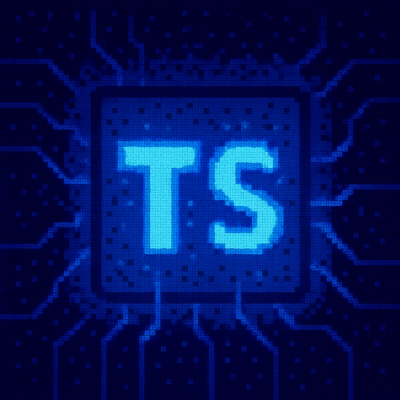
Security News
Critical Security Vulnerability in React Server Components
React disclosed a CVSS 10.0 RCE in React Server Components and is advising users to upgrade affected packages and frameworks to patched versions now.
Provides facilities for reading and writing Plist (property list) files. These are often used in programming OS X and iOS applications, as well as the iTunes configuration XML file.
Plist files represent stored programming "object"s. They are very similar to JSON. A valid Plist file is representable as a native JavaScript Object and vice-versa.
Install using npm:
$ npm install --save plist
Then require() the plist module in your file:
var plist = require('plist');
// now use the `parse()` and `build()` functions
var val = plist.parse('<plist><string>Hello World!</string></plist>');
console.log(val); // "Hello World!"
Include the dist/plist.js in a <script> tag in your HTML file:
<script src="plist.js"></script>
<script>
// now use the `parse()` and `build()` functions
var val = plist.parse('<plist><string>Hello World!</string></plist>');
console.log(val); // "Hello World!"
</script>
Parsing a plist from filename:
var fs = require('fs');
var plist = require('plist');
var obj = plist.parse(fs.readFileSync('myPlist.plist', 'utf8'));
console.log(JSON.stringify(obj));
Parsing a plist from string payload:
var plist = require('plist');
var xml =
'<?xml version="1.0" encoding="UTF-8"?>' +
'<!DOCTYPE plist PUBLIC "-//Apple//DTD PLIST 1.0//EN" "http://www.apple.com/DTDs/PropertyList-1.0.dtd">' +
'<plist version="1.0">' +
'<key>metadata</key>' +
'<dict>' +
'<key>bundle-identifier</key>' +
'<string>com.company.app</string>' +
'<key>bundle-version</key>' +
'<string>0.1.1</string>' +
'<key>kind</key>' +
'<string>software</string>' +
'<key>title</key>' +
'<string>AppName</string>' +
'</dict>' +
'</plist>';
console.log(plist.parse(xml));
// [
// "metadata",
// {
// "bundle-identifier": "com.company.app",
// "bundle-version": "0.1.1",
// "kind": "software",
// "title": "AppName"
// }
// ]
Given an existing JavaScript Object, you can turn it into an XML document that complies with the plist DTD:
var plist = require('plist');
var json = [
"metadata",
{
"bundle-identifier": "com.company.app",
"bundle-version": "0.1.1",
"kind": "software",
"title": "AppName"
}
];
console.log(plist.build(json));
// <?xml version="1.0" encoding="UTF-8"?>
// <!DOCTYPE plist PUBLIC "-//Apple//DTD PLIST 1.0//EN" "http://www.apple.com/DTDs/PropertyList-1.0.dtd">
// <plist version="1.0">
// <key>metadata</key>
// <dict>
// <key>bundle-identifier</key>
// <string>com.company.app</string>
// <key>bundle-version</key>
// <string>0.1.1</string>
// <key>kind</key>
// <string>software</string>
// <key>title</key>
// <string>AppName</string>
// </dict>
// </plist>
Much thanks to Sauce Labs for providing free resources that enable cross-browser testing on this project!
simple-plist is another npm package that provides similar functionality to plist. It allows for reading and writing plist files. Compared to plist, simple-plist may offer a simpler API and potentially fewer features, focusing on basic plist operations.
bplist-parser is a package specifically designed to parse binary plist files. While plist handles both XML and binary formats, bplist-parser is optimized for binary plists, which might make it faster or more efficient for that specific use case.
FAQs
Apple's property list parser/builder for Node.js and browsers
The npm package plist receives a total of 2,942,466 weekly downloads. As such, plist popularity was classified as popular.
We found that plist demonstrated a not healthy version release cadence and project activity because the last version was released a year ago. It has 2 open source maintainers collaborating on the project.
Did you know?

Socket for GitHub automatically highlights issues in each pull request and monitors the health of all your open source dependencies. Discover the contents of your packages and block harmful activity before you install or update your dependencies.

Security News
React disclosed a CVSS 10.0 RCE in React Server Components and is advising users to upgrade affected packages and frameworks to patched versions now.

Research
/Security News
We spotted a wave of auto-generated “elf-*” npm packages published every two minutes from new accounts, with simple malware variants and early takedowns underway.

Security News
TypeScript 6.0 will be the last JavaScript-based major release, as the project shifts to the TypeScript 7 native toolchain with major build speedups.